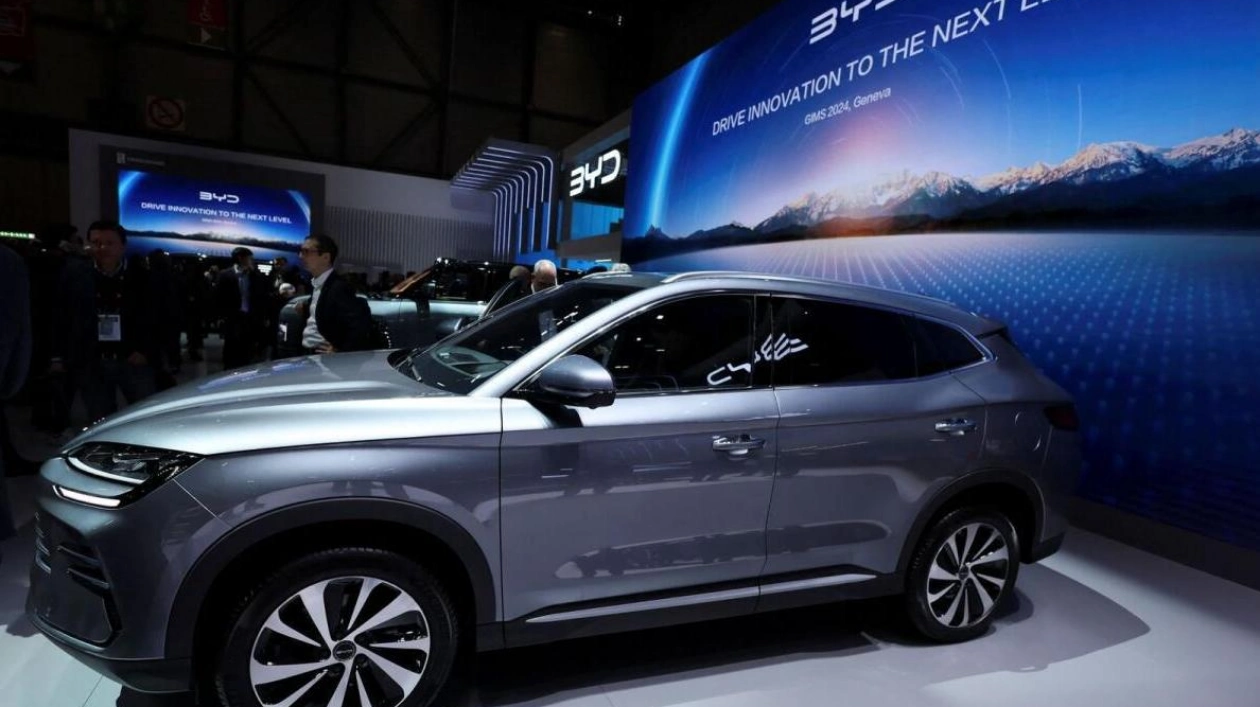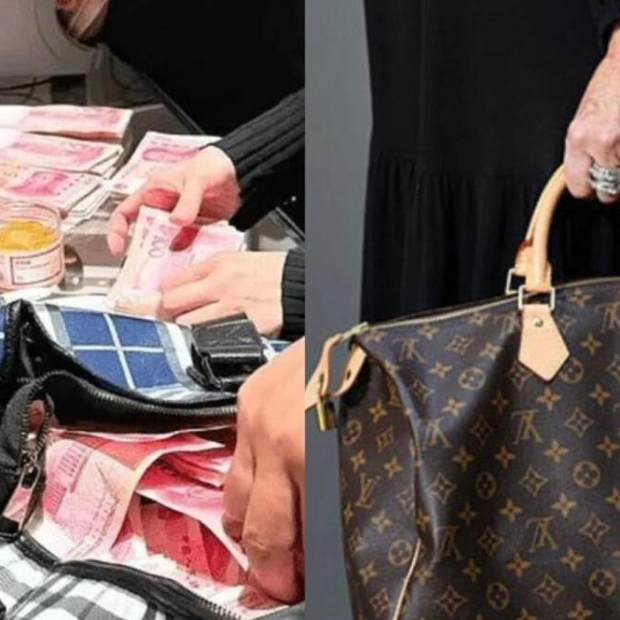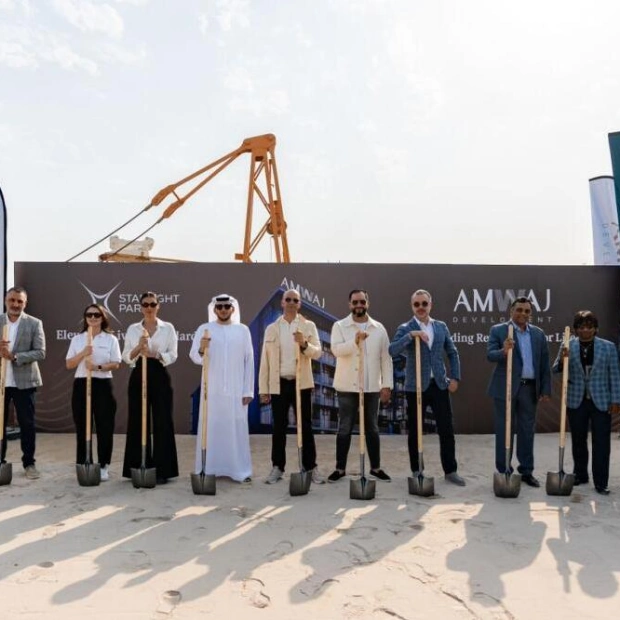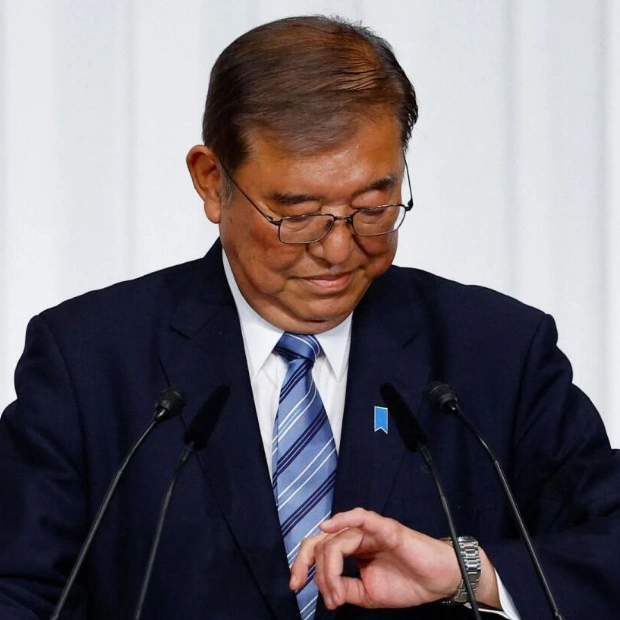The World Trade Organisation (WTO) has agreed to establish an expert panel to investigate US subsidies for electric vehicles, following accusations from Beijing that Washington is engaging in unfair competition. The United States has vehemently rejected China's complaint, asserting that Beijing is attempting to divert attention from its own non-market policies and practices that undermine a fair and competitive trading system. China first brought the case to the WTO in March, alleging that the US Inflation Reduction Act (IRA) implements discriminatory subsidy policies for new energy vehicles, which include electric cars and hybrids.
In 2022, the United States unveiled a substantial aid program aimed at supporting companies in the energy transition sector and electric vehicles manufactured domestically. The US has maintained that the IRA is a crucial tool in addressing the climate crisis and enhancing US economic competitiveness. Additionally, the act is intended to counteract Beijing's subsidies for electric vehicles and the broader green industry within China, which has received significant state funding for domestic firms and research and development.
China has refuted claims that its industrial policies are unfair and has repeatedly warned of potential retaliatory measures to protect its companies. Beijing argues that the IRA distorts fair competition, disrupts global new energy vehicle supply chains, and contravenes WTO rules. Washington initially blocked a request for a WTO panel in July, but a second request was approved on Monday during a meeting of the organisation's Dispute Settlement Board, according to a trade official based in Geneva.
Under WTO regulations, parties involved in a dispute can block a first request for an arbitration panel, but a second request is almost certain to proceed. A US representative stated at Monday's meeting that China's challenge is hypocritical given its efforts to dominate the global clean energy sector. The representative also emphasized that the United States will vigorously defend the IRA's clean energy tax credits as fully compliant with WTO rules and essential for addressing the global climate crisis.
The WTO dispute occurs amid ongoing tensions between Beijing and Washington over a range of trade issues, including customs duties, advanced technologies, and the potential ban of social media platform TikTok. In May, the United States announced it was quadrupling customs duties on imported Chinese electric vehicles, with economic competition with Beijing playing a central role in the US presidential campaign.






